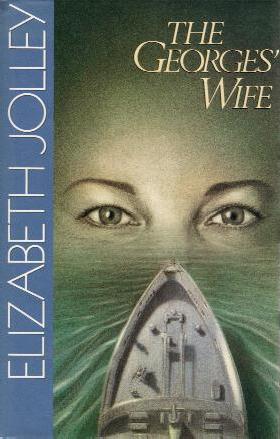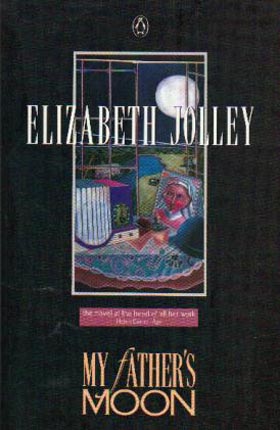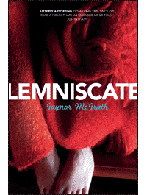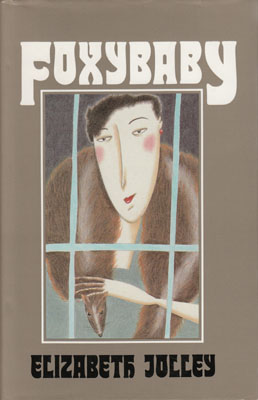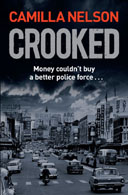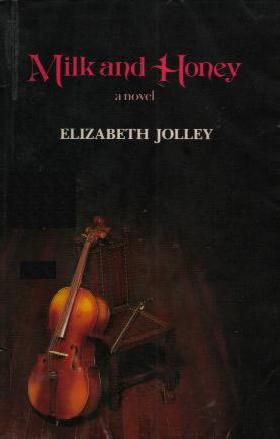The following is a list of forthcoming books for 2009. Not a lot planned for January that I can find.
February
- Butterfly by Sonya Hartnett (F)
- The Unscratchables by Anthony O'Neill (F)
- The Hunter's Wife by Katherine Scholes (F)
- The Life You Can Save by Peter Singer
- Shots by Don Walker
March
- Move to Strike by Sydney Bauer (F)
- Valley of Grace by Marion Halligan (F)
- A Most Immoral Woman by Linda Jaivin (F)
- Sideways by Patrick O'Neill
- 60 Classic Australian Poems edited by Geoff Page (P)
- The Best Science Fiction and Fantasy of the Year Volume Three edited by Jonathan Strahan (F)
April
- Waiting Room by Gabrielle Carey
- The Lost Life by Steven Carroll (F)
- Look Who's Morphing by Tom Cho (F)
- B by Wendy Hamer (F)
- The Marriage Club by Kate Legge (F)
- Ransom by Davod Malouf (F)
- The Women in Black by Madeleine St John (F)
May
- Escape by Anna Fienberg (F)
- Reunion by Andrea Goldsmith (F)
- Wild Spirit by Annette Henderson
- Surrender by Mary Moody
- The Red Highway by Nicholas Rothwell
- The Blue Plateau: A Landscape Memoir
- Astropolis: Book 3: The Grand Conjunction by Sean Williams (F)
June
- The Bath Fugues by Brian Castro (F)
- The Selected Works of T.S. Spivet by Reif Larson (F)
- The Dark Mirror by Barry Maitland (F)
July
- Death & the Running Patterer by Robin Adair
- The True Story of Butterfish by Nick Earls (F)
- The Book of Rapture by Nikki Gemmell (F)
- Literary Melbourne edited by Stephen Grimwade (F)
- This is How by M.J. Hyland (F)
- Revolt of the Pendulum by Clive James
- The River Wife by Heather Rose (F)
August
- The Death of Bunny Munro by Nick Cave (F)
- Last Night on Earth by Patrick Cullen (F)
- Oceanic by Greg Egan (F)
- Shooting the Dog by Peter Goldsworthy (F)
- The Macquarie PEN Anthology of Australian Literature edited by Nicholas Jose (F)
- Barley Patch by Gerald Murnane (F)
- Russian Red by Malla Nunn (F)
- Truth by Peter Temple (F)
September
- The Black Russian by Lenny Bartulin (F)
- High Stakes by Emma Boling (F)
- Bad Behaviour by Liz Byrski (F)
- Piano Lessons by Anna Goldworthy
- Cold Justice by Katherine Howell (F)
- My Hundred Lovers by Susan Johnson (F)
- The People's Train By Tom Keneally (F)
- The World Beneath by Cate Kennedy (F)
- Manning Clark: A Life by Mark McKenna
- Below the Styx Michael Meehan (F)
October
- Sons of the Rumour by David Foster (F)
- Five Greatest Warriors by Matthew Reilly (F)
- Siblings edited by Charlotte Wood (F)
November
- The Umbrella Club by David Brooks (F)
- I Blame Duchamp: My Life's Adventures by Edmund Capon
- Growing Up by Paul Carter
- The Dangerous Dance of Danny Dunne by Bryce Courtenay (F)
- Why You Are Australian: A Letter to my Children by Nikki Gemmell
- Unreliable Memoirs V: Prelude to the Aftemath by Clive James
- Opal Sunset by Clive James (P)
- The Mind and Times of Reg Mombassa by Murray Waldren
- Bridge of Clay by Markus Zusack (F)
December
- Bloodborn by Katherine Fox (F)
Entries on this list are taken from "The Age" and Locus.
F- Fiction P - Poetry
